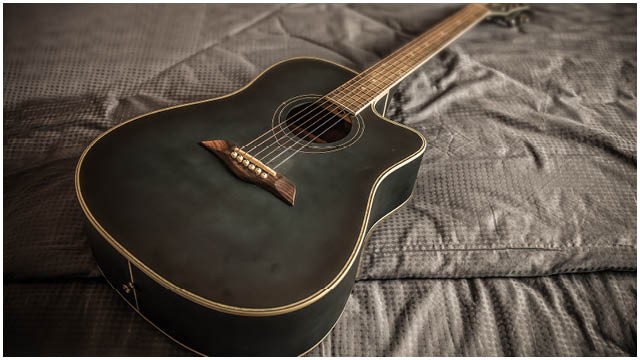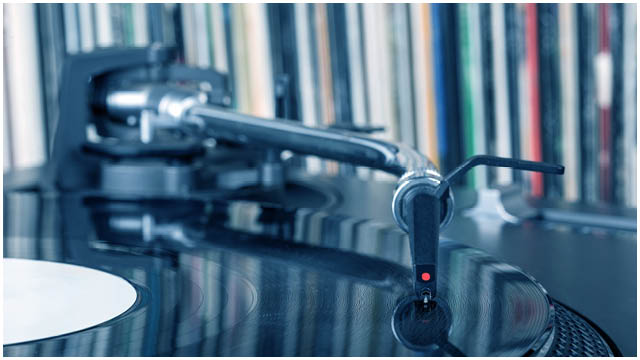With summer now truly on the way and with the summer festivals soon to be found on our doorsteps, the urge to pick up a guitar or DJ decks will be great. For those who happen to live in an apartment or detached house, playing your favourite music, or practicing your own can be a dangerous hobby to keep.
If you want to avoid angry knocks on doors, here is a cheap and DIY approach to soundproofing your home:
The Doors:
Ignoring the above pun, the door of a room will be the biggest source of sound loss. This is mostly due to the gaps that are found between the door and its frame.
Speaking to Oakwood Doors, Stephen Young of Sound Service Soundproofing says:
“Effective acoustic seals around the frame and thresholds are of course essential, but the main item that will be blocking the noise is the door leaf itself.
“Ideally this needs to be as dense as possible and made up of a laminate of different hardwoods so the thicker and heavier the door is, the more efficient it will be at blocking noise.”
Although for those on a budget, replacing the entire door might be a little difficult, Stephen goes on to say that a door (ideally) should be thickened to improve the dB rating.
Soundproofing a window:
Many people have problems with sound in regards to their windows, whether they are the ones producing the sound, or are simply trying to block out the outside world.
One of the cheapest ways to find a solution for your sound issues it to use caulk. Not only will this reduce the noise, but also, any drafts and similar problems that might have been plaguing your room. For a more effective solution, acoustic caulk has properties that actually deadens sound and works in the same way as the regular stuff.
If you’re searching for a temporary solution, sound resistant curtains (which thankfully, look just like normal curtains), that are loaded with vinyl or MLV, are great tools to block out excess sound.

According to Rochelle Leggett at Homeguides:
“Regular curtains also have some soundproofing qualities, as the fabric absorbs and deadens sound, so you may be satisfied with the effect of hanging an ordinary heavy curtain.
“However, it is the mass of a soundproofing curtain that causes the soundproofing effect, so a regular curtain is never going to be as effective.”
Soundproofing the ceiling
For those with neighbours above their heads, soundproofing the ceiling is a must for any budding musician.
Although many people tend to buy acoustic foam tiles, the truth is that unless they are plastered all over the room (as they might be in a radio booth), they actually stop very little sound from escaping.
As you might imagine, this step will be the hardest one for anyone working on a budget, but it could well be the most important.
By adding two extra layers of 5/8” drywall plus two Green Glue damping layers, you can look to reduce a significant amount of airborne noise from escaping. This is also a common solution for those looking to avoid vibration noise, often caused by footsteps in apartments.
For a more in-depth guide to soundproofing your ceiling, check out this handy guide.














